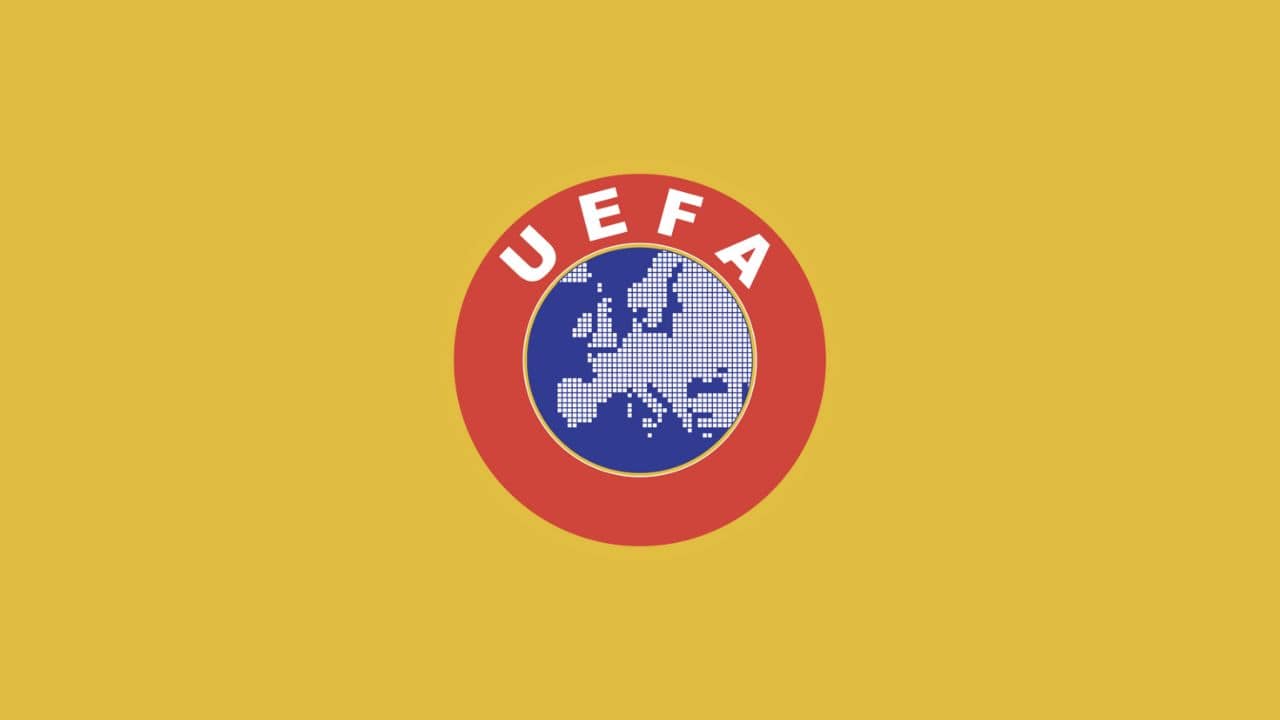Here is the explanation of UEFA new regulations regarding Financial Fair Play and how they affect European giants along with what are the new financial stability standards in football
The FFP, which was implemented in 2010 and had its limitations when dealing with state-owned teams like Manchester City and PSG, has been replaced with the Financial Sustainability Regulations. Have a look at its effects on the European giants.
What are UEFA new financial stability standards in football set to replace the Financial Fair Play (FFP) rules
The governing body of European football, UEFA, has made some significant changes previously by electing to replace its divisive Financial Fair Play (FFP) laws with new standards.
Financial sustainability standards are meant to replace the FFP, which was implemented in 2010 but had its limitations when it came to dealing with state-owned clubs like PSG and Manchester City.
The new laws, which are expected to go into force starting in June 2022, were rushed forward after UEFA acknowledged that new measures were required due to clubs incurring extraordinary losses as a result of the COVID-19 outbreak.
What are the new rules?
The new regulation’s main goal, as its name implies, is to assist clubs in becoming financially sustainable. Three pillars, solvency, stability, and cost control, have been identified by UEFA as necessary to do this.
The No Overdue Payment Rule, the Football Earnings Rule, and the Squad Cost Rule are the three key laws that the UEFA executive committee has advocated for.
–The No Overdue Payment Rule will make sure that all clubs pay their debts on time, and UEFA will review the clubs’ accounts every three months to guarantee solvency.
–The Football Earnings Rule will allow teams to incur losses of up to €60 million over three years while financially strong clubs will be permitted to experience losses of an additional €10 million per year by UEFA’s rules. Under FFP regulations, teams could only lose up to €30 million during three years in the past.
–The Squad Cost rule will also set a 70 per cent limit on the amount that clubs can spend on player and head coach salaries, including transfer and agent costs. The evaluation will be administered by UEFA over a calendar year to make sure that both the summer and winter transfer windows are covered.
Punishments for non-compliance
If clubs don’t follow the guidelines, UEFA has decided on certain monetary and sporting sanctions.
If the squad cost regulation is broken, clubs may be required to play with a smaller squad and may even be forbidden from employing certain players who were enlisted during the assessment year.
Additionally, UEFA provided the option for clubs to lose points for breaking the rules. The rule has not yet been approved, but UEFA also wants to demote teams from the UEFA Champions League to the UEFA Europa League in cases of non-compliance.
How this affects the financially-secure clubs of Europe?
In circumstances of financial punishment, one could claim that clubs can get away with paying fines. The penalties, meanwhile, are graduated, and if they are consistently broken, they will lead to harsh actions.
When and how do the rules come into effect?
The new regulations will go into force starting in June 2022, although UEFA has decided to phase in the squad cap over the next three years. In 2023-24 the cap will be 90 per cent, in 2024-25 it will be 80 per cent and from 2025-26 onwards it will be 70 per cent.
ALSO READ: PLAY FREE ONLINE GAMES



